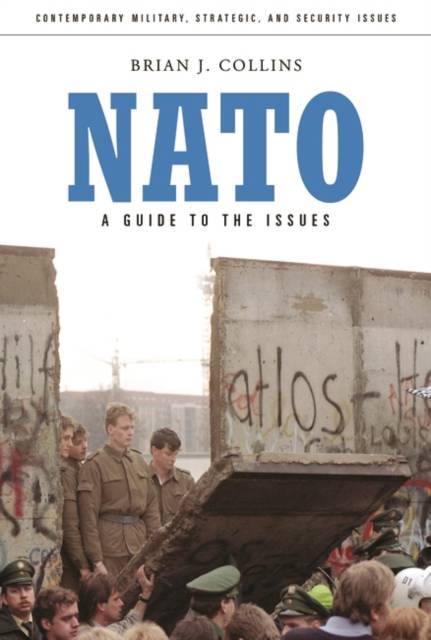
- Retrait gratuit dans votre magasin Club
- 7.000.000 titres dans notre catalogue
- Payer en toute sécurité
- Toujours un magasin près de chez vous
- Retrait gratuit dans votre magasin Club
- 7.000.0000 titres dans notre catalogue
- Payer en toute sécurité
- Toujours un magasin près de chez vous
Description
This superb introduction to NATO is written for the national security novice, yet is full of insights for the more seasoned hand interested in how and why NATO reached its current state.
In the more than half-century since NATO was founded, there has been endless debate about its purpose, about whether it is meeting that purpose, and about the strategies it employs to that end. Speculation has also been rife about the organization's "imminent demise." Those questions and more are the subject of NATO: A Guide to the Issues. Covering the organization from its founding in 1949 through the present, the guide examines aspects of NATO that have undergone tremendous change over the years, including its purpose, military mission, geographic concept of operations, and membership. At the same time, it explores key aspects of NATO's organization that have remained constant. These include the ability of members to participate in operations as much or as little as they desire, decision-making by consensus, and a general belief that people from different countries working together on a daily basis promotes cooperation, understanding, and friendship.Spécifications
Parties prenantes
- Auteur(s) :
- Editeur:
Contenu
- Nombre de pages :
- 192
- Langue:
- Anglais
- Collection :
Caractéristiques
- EAN:
- 9780313354915
- Date de parution :
- 01-02-11
- Format:
- Livre relié
- Format numérique:
- Ongenaaid / garenloos gebonden
- Dimensions :
- 155 mm x 236 mm
- Poids :
- 458 g

Les avis
Nous publions uniquement les avis qui respectent les conditions requises. Consultez nos conditions pour les avis.






